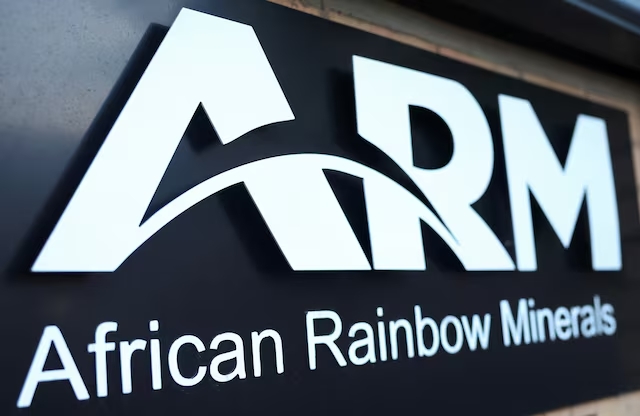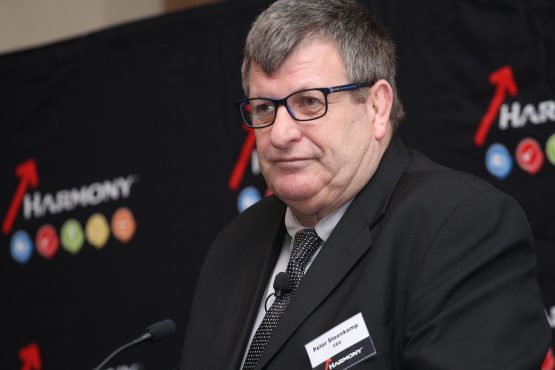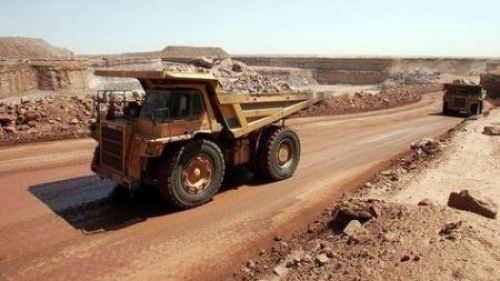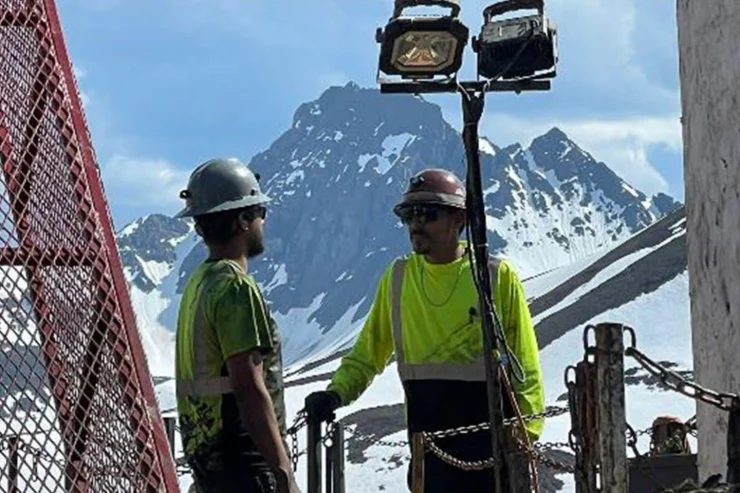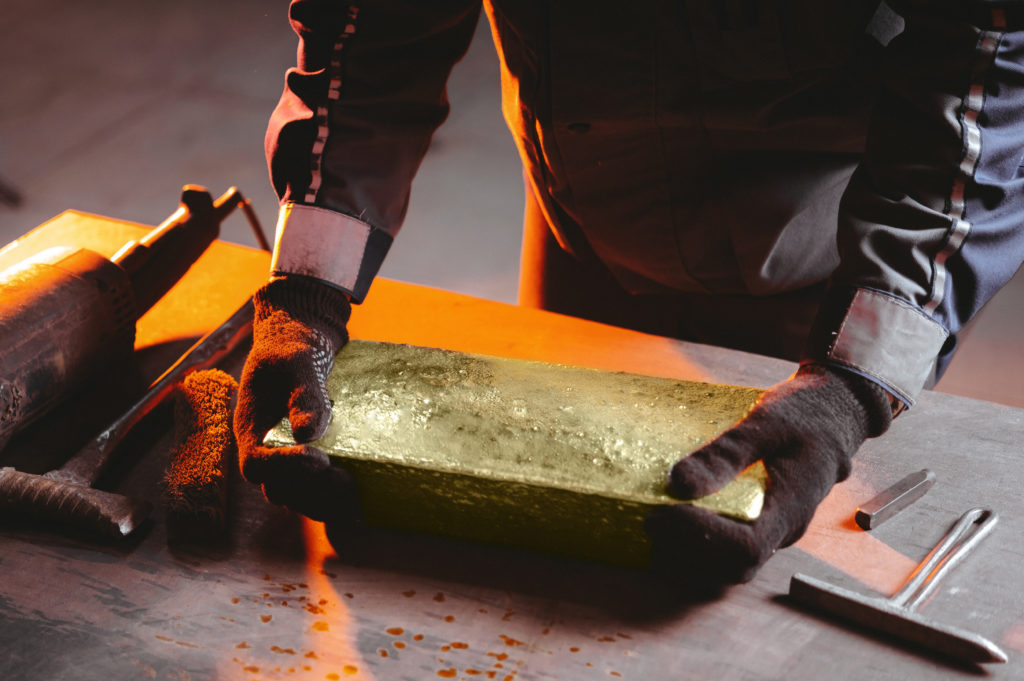Mining

Africa's artisanal miners may benefit from global renewables push
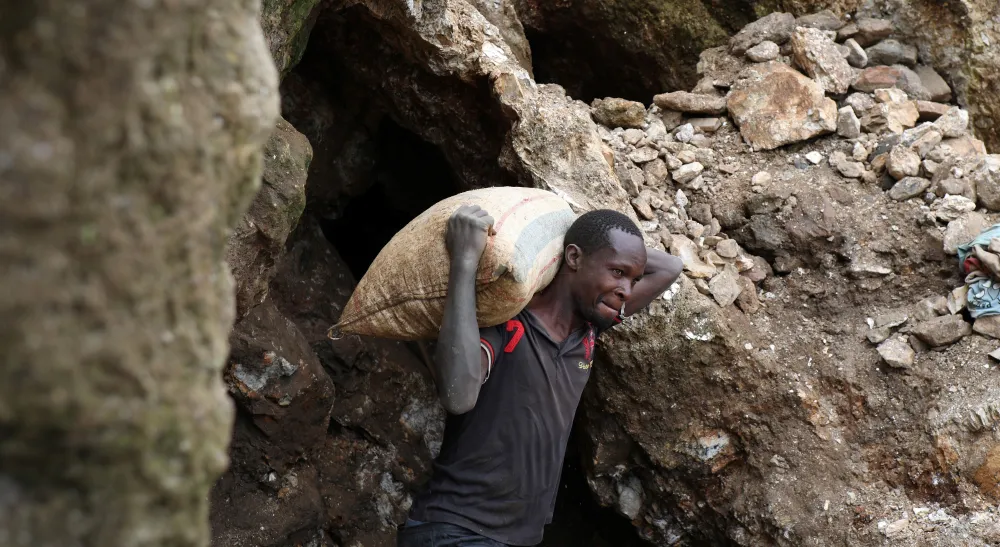
Hundreds of informal miners in South Africa faced a stalemate in recent months after police cut off food and water to an illegal goldmine shaft in November: stay and starve, or emerge above ground and face definite arrest.
The move was part of an operation launched by South Africa's police in 2023 to stop illegal mining.
The conundrum left at least 78 dead, and some 250 others pushed to the point of emaciation when they were rescued in January, following a court order.
South Africa's zama-zamas, meaning "hustlers" in Zulu slang, are among millions of artisanal miners across Africa seen either as victims of an unequal mining sector -- where companies take all the profit -- or criminals dodging the law.
As the world shifts towards renewable energy, fueling appetite for Africa's critical minerals like cobalt and lithium, will informal miners be part of the new value chain or be sidelined by bigger corporate players?
What is artisanal mining and where are the Africa hotspots?
Artisanal and small-scale mining, known as ASM, refers to mining carried out by individuals or small groups outside of the formal mining sector using basic equipment like picks and shovels, according to the International Institute for Environment and Development (IIED) think tank.
Such mining without licenses or permits is generally considered illegal in Africa.
At least 90% of the world's artisanal miners work informally, without the necessary licenses or permits required by law, according to international non-profit Pact.
Small-scale mining is common across Africa, including in the Democratic Republic of Congo (DRC), Ghana, Mali, Mozambique, Nigeria, Sierra Leone, Zambia, Tanzania and Burkina Faso, according to the IIED.
In Sub-Saharan Africa, ASM employs an estimated ten million people in rural areas, according to the World Bank. The livelihoods of up to 270 million people depend on artisanal mining globally, according to NovaAfrica research centre.
In the DRC, where 70% of the world's cobalt is found, it is estimated that there are some 1.5 million artisanal miners, according to The Fair Cobalt Alliance.
The DRC is also the site of complex criminal syndicates involving child labour, smuggling and collusion with gangs and political leaders, according to the Institute for Security Studies (ISS) think tank.
The exact number of artisanal miners in each country is difficult to quantify as many artisanal miners work informally and are not officially registered.






